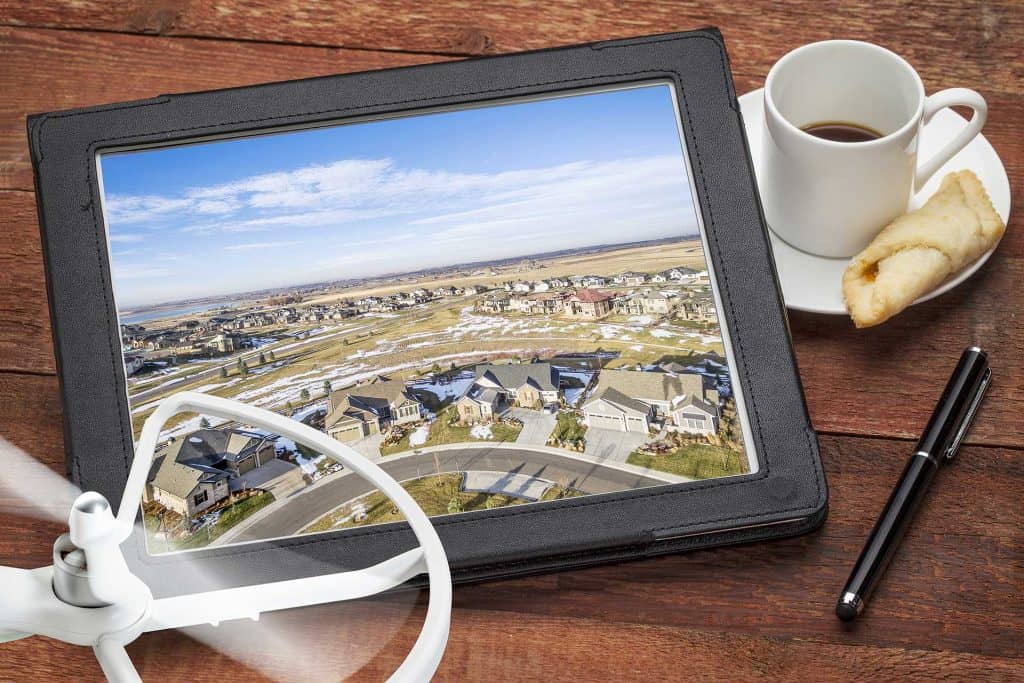OK so you’ve bought a drone and started flying. Maybe you checked out all the rules and regulations, maybe you didn’t. The chances are, if you are flying somewhere you shouldn’t that the Civil Aviation Safety Authority (CASA) probably won’t catch up with you (not yet anyway). You have been flying your DJI Phantom without too many problems, maybe a crash here or there, but no-one has died, no-one has been injured and you’ve decided the risk to yourself and others is pretty low.
A few months down the track you think about this whole drone thing and start wondering “can I make some money out of this?”




So you go and do some research about starting a drone business and your jaw hits the floor. $3-4K for training, $1500 for an Operator’s Certificate, a couple of thousand dollars for Public Liability Insurance all of a sudden it doesn’t seem worth it.
But wait!
There’s this thing called the sub 2 kilo rule, all you have to do is register with CASA and you are literally in business.




Literally thousands of people did this in the first few months of the new law being introduced, they just forgot one thing… Insurance
Not the insurance that covers your drone if you crash it, though you might want that. The Insurance you need if you:
OK that last one is just a drama from the BBC but there really could be some risks to aircraft from drones but that’s another blog.
And it’s at this point we need to talk about a thing called “strict liability”




Hang in there, this matters.
So it turns out that an accident caused during a recreational flight is one thing but one caused during a business operation is something else again. You cause an accident, it’s not a matter of if you pay out, it’s just how much.
Australians like to sue:
https://www.abc2c.com.au/australia-comes-second-in-being-litigious
And even the simplest of accidents caused during a commercial activity invoke a thing called strict liability. http://www.airborne-aviation.com.au/resources/kb-articles/legal-strict-liability.php
What this means is that it doesn’t really matter if it’s your fault or not, if there’s an incident caused by your drone we are talking payout and there’s plenty of people who have lost their houses over smaller things than drones smacking into their faces.
There’s also the fact that any company that engages your services is required to check if you have public liability or they could be liable themselves. Eg. A real estate agent paying you for a photo could be personally liable if you crash your drone and hurt someone (we didn’t create this stuff, we are just passing it on).
In theory, someone walking along the footpath that got distracted by your drone that then tripped over could potentially create a civil case against you. Even if they don’t win, and there is a real chance they could, the stress of going to court without an insurer to protect you could cause real problems with your career and life in general.
Ok so hopefully we’ve established an important point: If you are conducting any sort of non-recreational activity you need public liability insurance. Same goes for Airbnb and Uber by the way, but that’s not our gig.
So where to from here?
Our first preference is to get a Certificate III in Aviation (Remote Pilot – Visual Line of Sight) then get your OC. You’ll not only be covered by insurance and compliant with CASA but you’ll learn heaps about good drone operations, the kind of training that will stay with you for a lifetime and you’ll join hundreds of pilots who are glad they spent the money on good training rather than replacement drones.
We accept though that not everyone is ready to take that step. It’s a big commitment of time (3 weeks) and money ($3995) so we’ve made a course that will give you the basics and importantly, get you insured. It won’t make you a gun pilot, we can’t drill your skills, give you feedback, test you and then drill you again like we do in a Cert III but we can show you the the ropes. Flight Foundations will teach you where to fly, how to setup, what to look for. It’s not perfect but it’s enough for QBE to offer you public liability insurance which will open the doors to sub 2kg work and we’re hopeful you’ll come back when you’re ready to take it to the next level.
Our view is that it’s our job to help you get started in the industry. We’ll help you with the paperwork, recommend and sell you a drone and get you qualified for pli with QBE. When you’re ready to upgrade your quals we know you’ll come to us.
